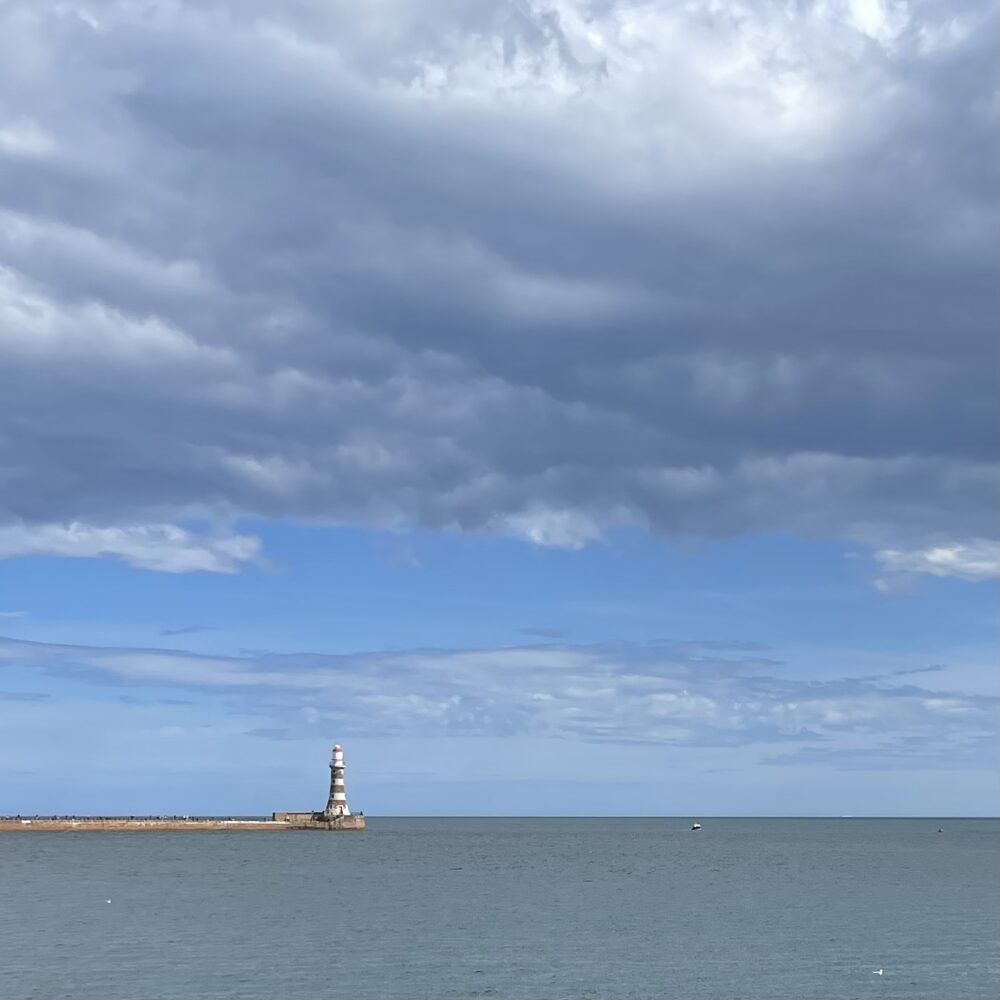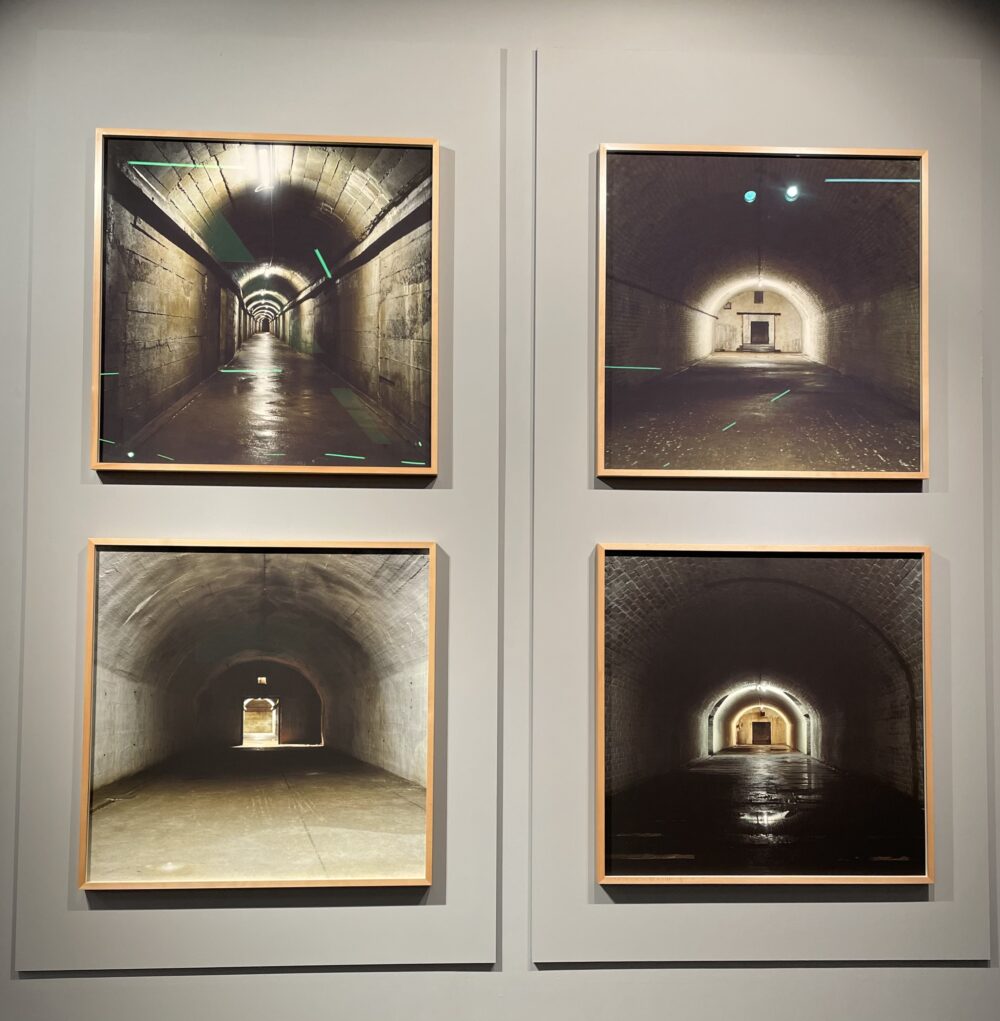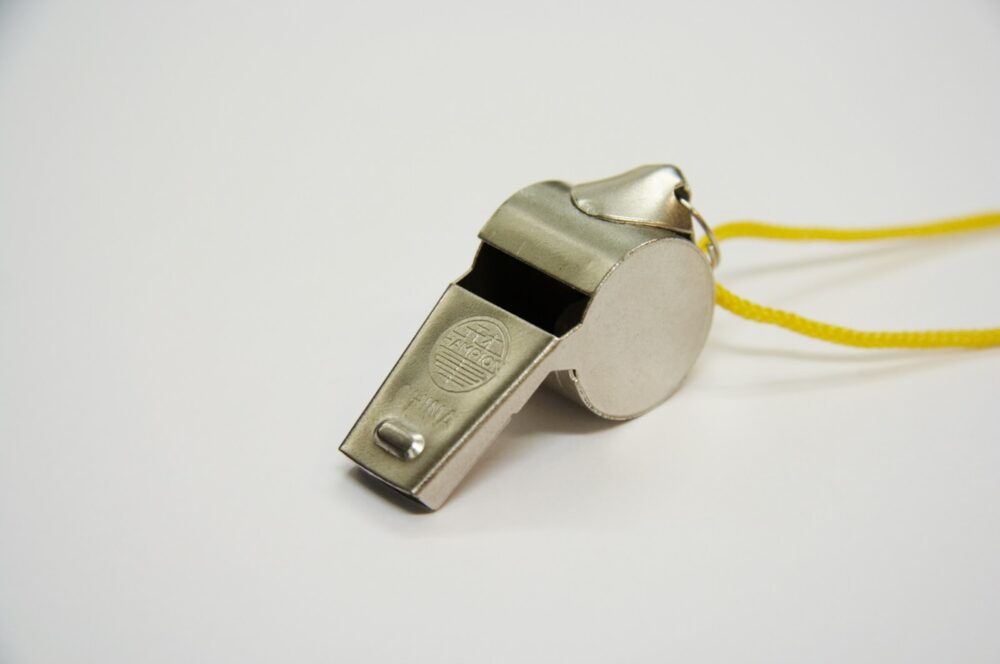In an old LRB diary, Patrick McGuinness makes an observation about loquacious train announcements:
In Europe what you hear on trains is minimal and informative: you get told your destination and the stops as they approach. In Britain it’s a relentless patter of pseudo-information aimed at pseudo-customers by people running a pseudo-business. You don’t ‘read’ the safety instructions, you ‘take some time to familiarise yourself with’ them. Your belongings must always be ‘personal’, and in case you were wondering, as you neared your ‘station stop’, what to do with them, you are ‘advised to remember to take them with you’. The train is also the only place outside a Classics course where you’ll hear the word ‘vestibule’. That’s OK, it’s nice to hear it again, but they spoil it by saying ‘vestibule area’.
He’s wrong about ‘vestibule’: you can also occasionally hear it in our house, where Wendy and I sometimes playfully use the word to refer to our porch. It’s even what we call the porch in our smart home setup.
This is an anatomical joke: there are many vestibules in the body, which are generally small spaces leading to larger spaces. The anatomical features retain a metaphorical connection to the original Latin vestibulum, the small enclosed room at the entrance to a house… otherwise known today as a porch. But I’d never thought about it enough to realise that we were re-creating the metaphor in reverse.
You’re also possessed of a pair of vestibulocochlear nerves. We occasionally misappropriate the word as an adjective meaning ‘in the porch’—‘Who turned the vestibulocochlear light off?’ There ain’t no humour like anatomical humour, amirite?
Musing on this today, however, made me wonder about the connection between a ‘vestibule’ and a ‘vestry’ in a church. I first wondered if it was maybe a similar metaphorical thing, in that the ‘vestry’ is the area in which one prepares before entering a church. Or perhaps the connection is ‘vesting’, as in donning or doffing clothes.
So I fired up the OED.
As it turns out, they seem to be unrelated, or at least both existed in Latin. As I’ve mentioned, vestibule comes from vestibulum, which retains its meaning today. The history of ‘vestry’ is less certain. It seems to come from the ‘vestments’, from the Latin vestīmentum—clothes. However, it’s not clear if that’s a direct thing—because it’s where the garments are stored—or a metaphorical thing, ‘vesting’ in the sense of endowing someone with something, like ‘investment’.
A ‘vestry’ in the church sense is also sometimes called a ‘revestry’ or a ‘vestiary’—some sources suggest that ‘vestry’ is just a corruption of ‘vestiary’. Interestingly, Wikipedia seems to prefer ’sacristy’, which I would have said was specifically Catholic, but very much isn’t.
The OED provides a whole separate meaning of ‘vestry’: the rubbish associated with a mine, which I think I’d probably naturally refer to as ‘slag’. I would never have previously imagined featuring those two words in the same sentence.
The image at the top of this post was generated by Midjourney.











